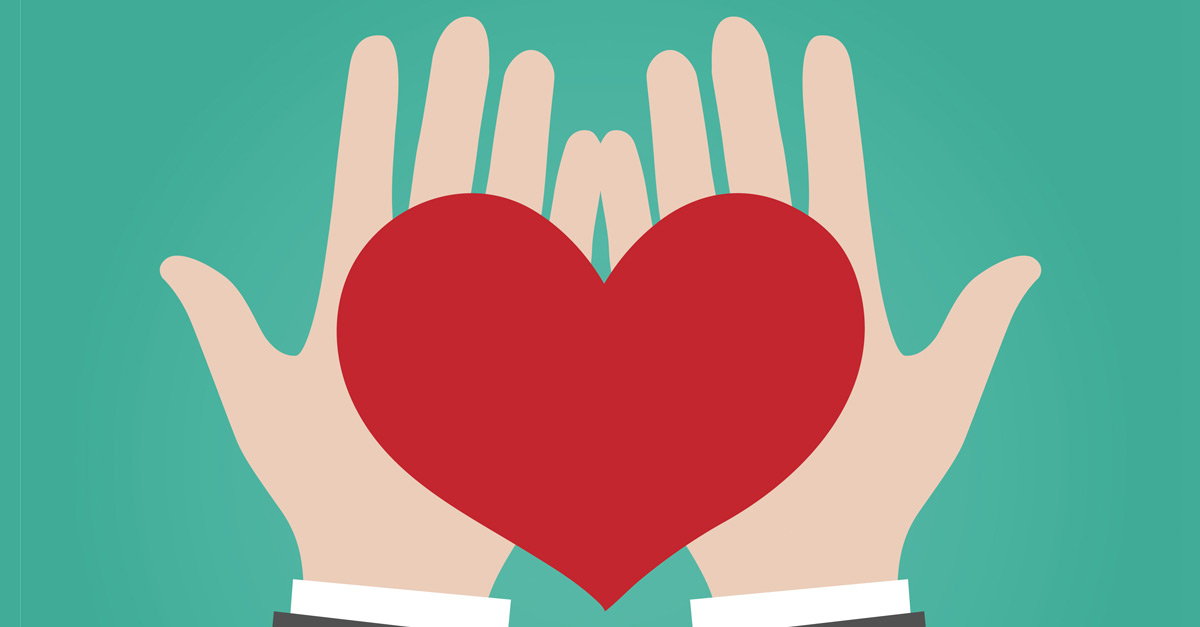After years of multi-billion-dollar bailouts, massive corporate tax breaks, and eye-popping golden parachutes for executives, the American public has developed a healthy skepticism of business. So when the government released a list of wealthy corporations and individuals that received Paycheck Protection Program (PPP) loans earlier this month, it only seemed to reinforce the pervasive notion that the business community is incapable of being a force for social good.
The COVID-19 crisis presents a once-in-a-generation opportunity for business leaders to change this narrative. This is the moment to show that we know what it means to prioritize the long-term health of our country, companies, and communities over the short-term profits of our executives or shareholders. Smart business leaders – and significant research – have shown that this approach is not just better for society, but also vital for the long-term financial health and viability of businesses.
Despite a challenging economic environment, my shoe wear company, Tieks has been in a fortunate position of not having to lay off or furlough employees. That is why we declined to seek or accept limited government PPP funds in lieu of others who desperately needed the help.
I was shocked and disappointed to see so many companies, like coal company, Hallador Energy, and Quantum, a video storage company, line up for this taxpayer money even though they did not need it.
The decision was not just greedy, but also short-sided, as it could be devastating for their brand’s reputation in the future. Our country’s most celebrated business leaders – from Warren Buffett to Jeff Bezos– have made clear that long-term thinking is the key to success in business.
Building brand loyalty comes from gaining customer trust, and this takes time. However, this support can be immediately lost if a business fails to consider the values of its customers when making decisions. According to an IBM report, one-third of all consumers today will stop buying their preferred products if they lose trust in the brand, and one-third of consumers have already stopped purchasing their longtime, favorite brands in 2019.
In building Tieks over the past decade, we have seen that long-term thinking requires operating with a clear sense of social responsibility. This is fundamental to our company’s ability to attract extremely loyal customers and employees.
Recent research from Edelman shows that 65% of consumers say that a brand’s response during the pandemic will have a huge impact on their likelihood to purchase in the future. Similar pre-pandemic research done by Cone Communications found that a similar proportion of Americans (three in five) hope businesses drive social and environmental change in the absence of government regulation.
During the pandemic, businesses have leveraged their unique capabilities to fill gaps left by inadequate government response. From repurposing supply chains to offering products and services for free or at a discount, businesses have demonstrated a genuine commitment to using their business to drive positive societal change. Tieks has played a small role in this groundswell of action through our Operation #SewTogether campaign, in which we mobilized customers and fans to produce and donate over one million masks to healthcare workers.
Being a socially responsible business is not just about giving back, but also about speaking up. Too often, corporations have abdicated their responsibilities as citizens of our communities by engaging in marketing that is just performative. People know better.
Beyond expressing their disapproval on social media, consumers are increasingly responding with their buying behavior. A DoSomething report found that 67% of young people have already stopped or would consider not purchasing from a company if it stood for something or behaved in a way that didn’t align to their values.
This is a moment that our country needs to come together. Every person and every business should be asking: what can we do to help? In searching for an answer to this question, I believe business leaders will discover that building brand authenticity, rejecting corporate bailouts, and empowering people to be part of the solution can be more contagious than any virus.
Kfir Gavrieli is the co-founder and CEO of Tieks by Gavrieli.


